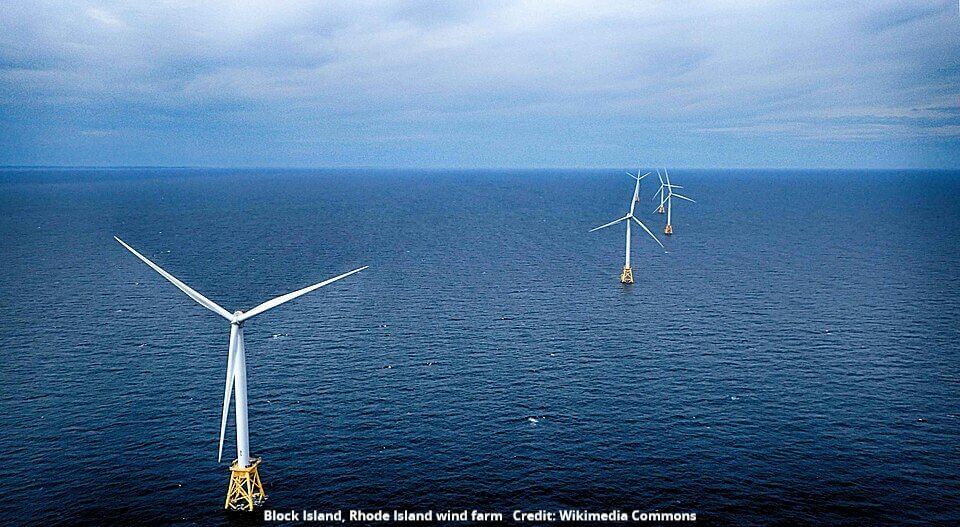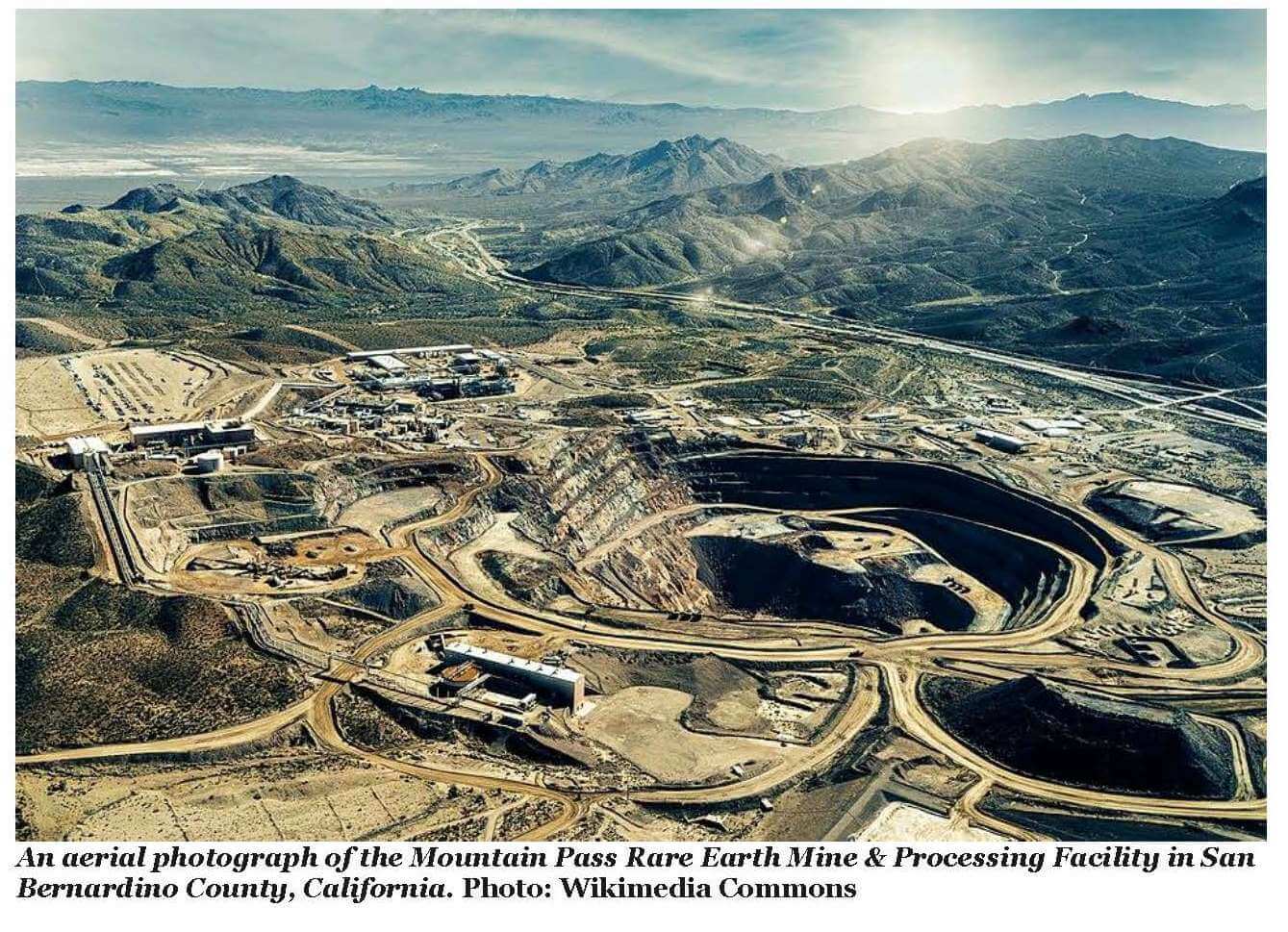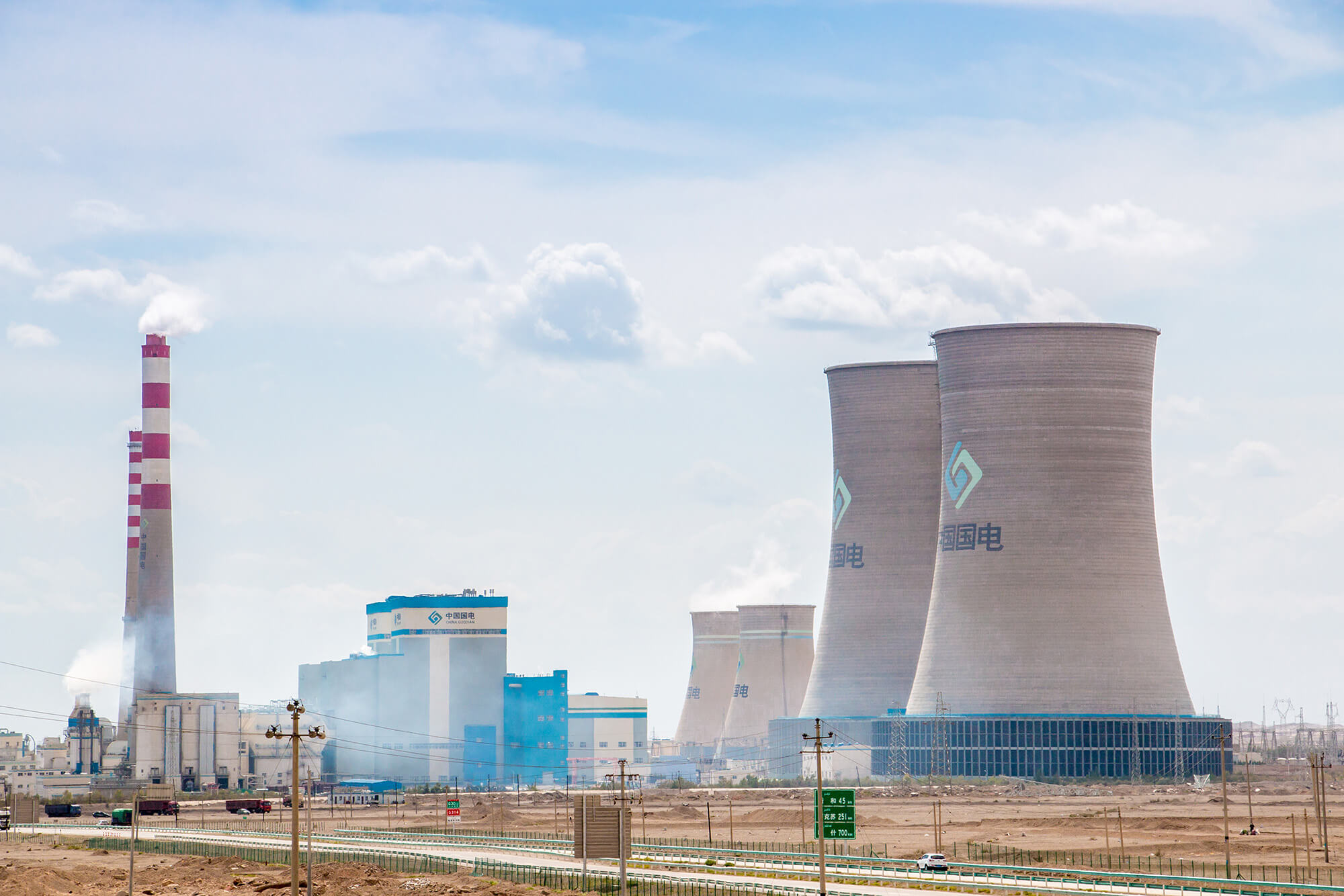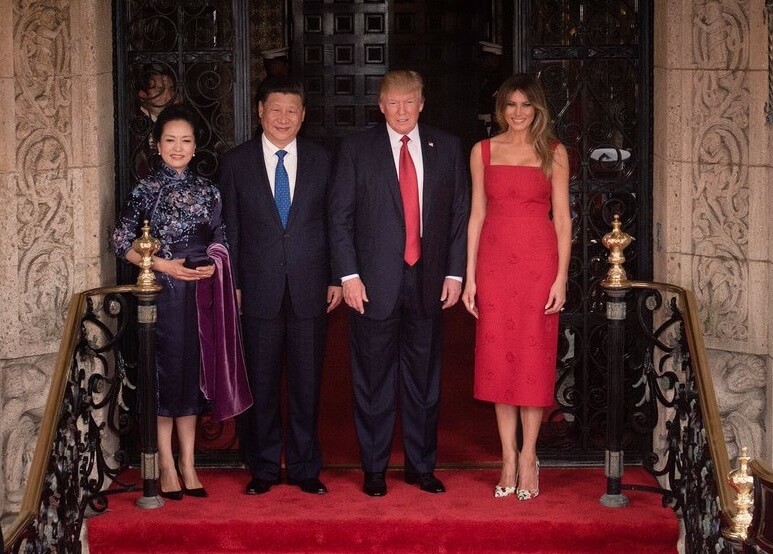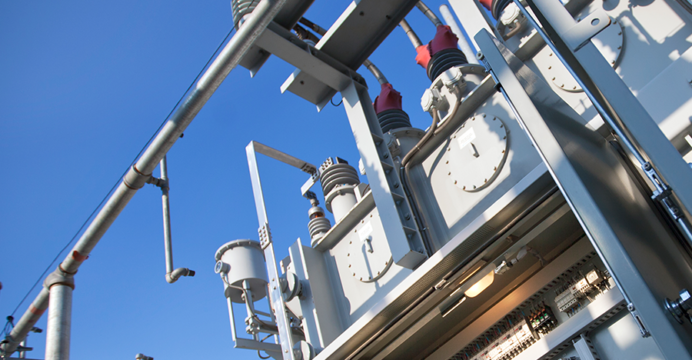This commentary was originally published in Forbes.
President Donald Trump reiterated his hostility to wind generation when he arrived in Scotland for what was ostensibly a private visit. “Stop the windmills,” he said.
But the world isn’t stopping its windmill development and neither is the United States, although it has become more difficult and has put U.S. electric utilities in an awkward position: It is a love that dare not speak its name, one might say.
Utilities love that wind and solar can provide inexpensive electricity, offsetting the high expense of battery storage.
It is believed that Trump’s well-documented animus to wind turbines is rooted in his golf resort in Balmedie, near Aberdeen, Scotland. In 2013, Trump attempted to prevent the construction of a small offshore wind farm — just 11 turbines — located roughly 2.2 miles from his Trump International Golf Links, but was ultimately unsuccessful. He argued that the wind farm would spoil views from his golf course and negatively impact tourism in the area.
Trump seemingly didn’t just take against the local authorities, but against wind in general and offshore wind in particular.
Yet fair winds are blowing in the world for renewables.
Francesco La Camera, director general of the International Renewable Energy Agency, an official United Nations observer, told me that in 2024, an astounding 92 percent of new global generation was from wind and solar, with solar leading wind in new generation. We spoke recently when La Camera was in New York.
My informal survey of U.S. utilities reveals they are pleased with the Trump administration’s efforts to simplify licensing and its push to natural gas, but they are also keen advocates of wind and solar.
Simply, wind is cheap and as battery storage improves, so does its usefulness. Likewise, solar. However, without the tax advantages that were in President Joe Biden’s signature climate bill, the Inflation Reduction Act, the numbers will change, but not enough to rule out renewables, the utilities tell me.
China leads the world in installed wind capacity of 561 gigawatts, followed by the United States with less than half that at 154 GW. The same goes for solar installations: China had 887 GW of solar capacity in 2024 and the United States had 239 GW.
China is also the largest manufacturer of electric vehicles. This gives it market advantage globally and environmental bragging rights, even though it is still building coal-fired plants.
While utilities applaud Trump’s easing of restrictions, which might speed the use of fossil fuels, they aren’t enthusiastic about installing new coal plants or encouraging new coal mines to open. Both, they believe, would become stranded assets.
Utilities and their trade associations have been slow to criticize the administration’s hostility to wind and solar, but they have been publicly cheering gas turbines.
However, gas isn’t an immediate solution to the urgent need for more power: There is a global shortage of gas turbines with waiting lists of five years and longer. So no matter how favorably utilities look on gas, new turbines, unless they are already on hand or have set delivery dates, may not arrive for many years.
Another problem for utilities is those states that have scheduled phasing out fossil fuels in a given number of years. That issue – a clash between federal policy and state law — hasn’t been settled.
In this environment, utilities are either biding their time or cautiously seeking alternatives.
For example, facing a virtual ban on new offshore wind farms, veteran journalist Robert Whitcomb wrote in his New England Diary that the New England utilities are looking to wind power from Canada, delivered by undersea cable. Whitcomb wrote a book, “Cape Wind: Money, Celebrity, Energy, Class, Politics and the Battle for Our Energy Future,” about offshore wind, published in 2007.
New England is starved of gas as there isn’t enough pipeline capacity to bring in more, so even if gas turbines were readily available, they wouldn’t be an option. New pipelines take financing, licensing in many jurisdictions, and face public hostility.
Emily Fisher, a former general counsel for the Edison Electric Institute, told me, “Five years is just a blink of an eye in utility planning.”
On July 7, Trump signed an executive order which states: “For too long the Federal Government has forced American taxpayers to subsidize expensive and unreliable sources like wind and solar.
“The proliferation of these projects displaces affordable, reliable, dispatchable domestic energy resources, compromises our electric grid, and denigrates the beauty of our Nation’s natural landscape.”
The U.S. Energy Information Administration puts electricity consumption growth at 2 percent nationwide. In parts of the nation, as in some Texas cities, it is 3 percent.
